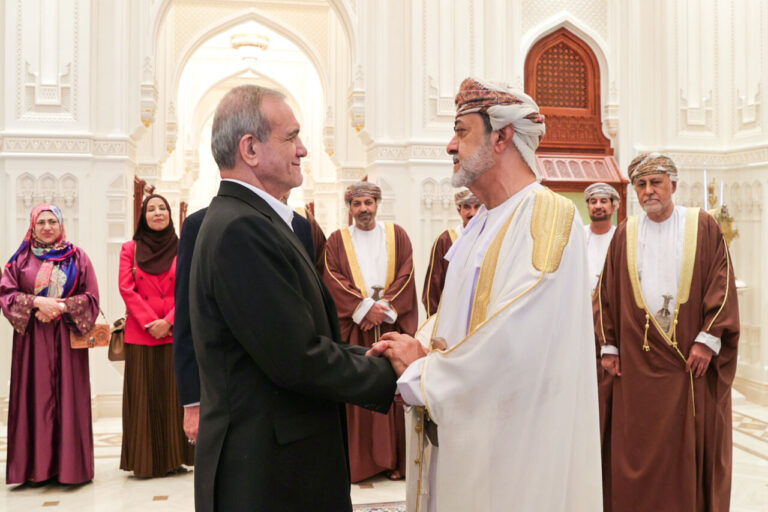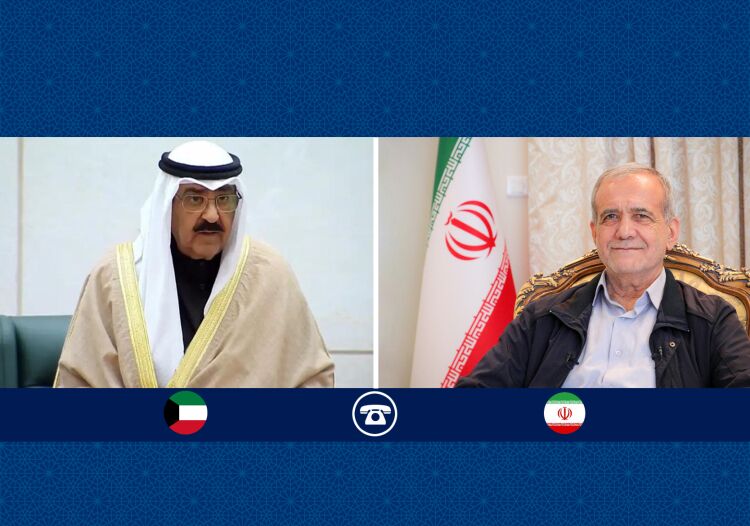
Similar Posts
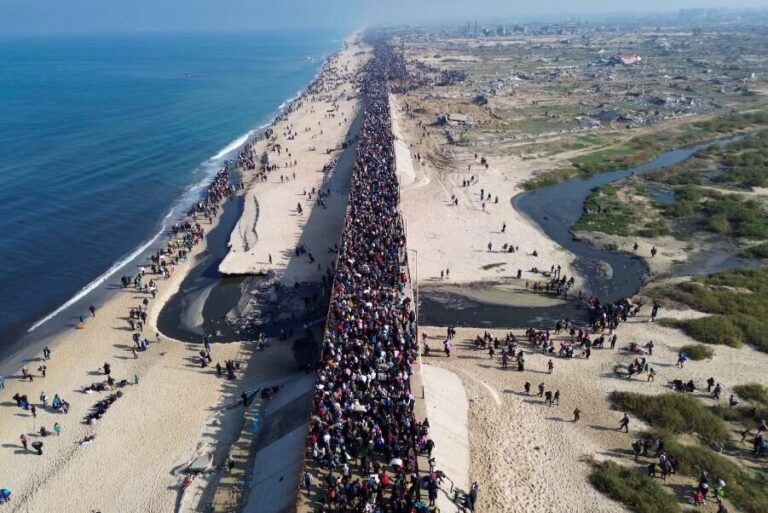
Spain and Norway Unite to Denounce Trump’s Controversial Plan to Expel Palestinians
Norwegian Foreign Minister Espen Barth Eide and Spanish Foreign Minister Jose Manuel Albares denounced former President Trump’s plan for the Gaza Strip, which could displace over 2.3 million Palestinians. Speaking at the G20 foreign ministers’ meeting, they emphasized the need to protect Palestinian rights and provide humanitarian aid. Albares affirmed Spain’s commitment to Palestinians’ right to remain in Gaza, while Eide stressed that any forced removal would violate international law. As the humanitarian crisis worsens, with over 48,200 Palestinian deaths reported, the ministers called for international support to assist in rebuilding and securing a stable future for the region amidst ongoing conflict.
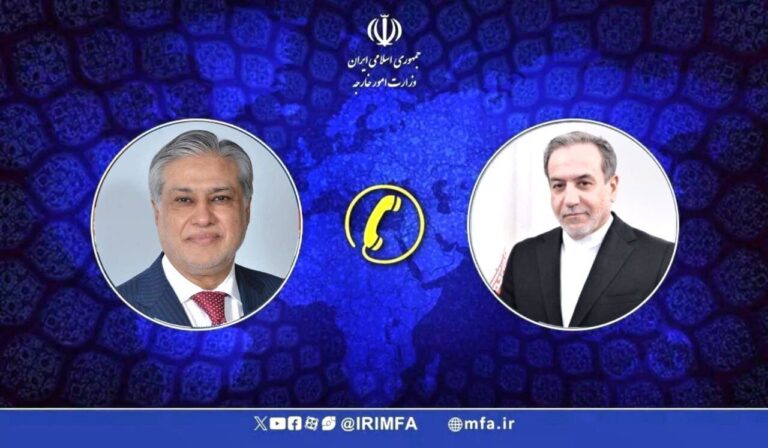
Iran and Pakistan Strengthen Bilateral Relations: Key Talks on Regional Developments
Iran and Pakistan’s Foreign Ministers, Abbas Araqchi and Mohammad Ishaq Dar, held a phone conversation focused on strengthening bilateral ties and addressing regional dynamics. They discussed recent security developments, particularly tensions between India and Pakistan, emphasizing the need for continuous dialogue to prevent escalation. Araqchi highlighted the importance of engaging with Indian officials, while Ishaq Dar reiterated Pakistan’s commitment to avoiding actions that could increase tensions. Both ministers affirmed their dedication to maintaining peace and stability in the region through diplomatic efforts aimed at conflict resolution.
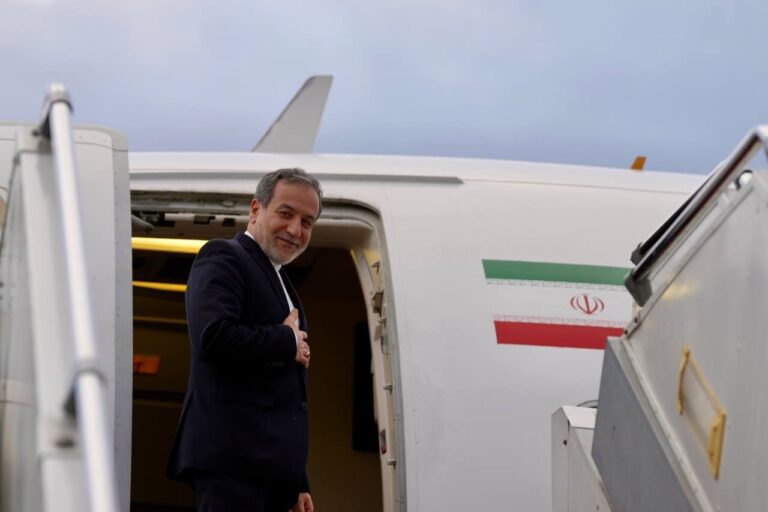
Foreign Minister Joins Human Rights Council Session in Geneva: A Focus on Global Advocacy
Iran’s Foreign Minister Abbas Araqchi will represent the country at the 58th session of the Human Rights Council in Geneva, starting Monday and continuing until April 4. His journey began in Beirut, where he attended the funeral of prominent Hezbollah leaders. The session will address critical human rights issues, and Araqchi is expected to deliver a significant speech, participate in the 2025 Conference on Disarmament, engage with other foreign ministers, and meet with UN Secretary-General António Guterres. His presence is important for Iran’s diplomatic efforts and its commitment to international human rights standards.
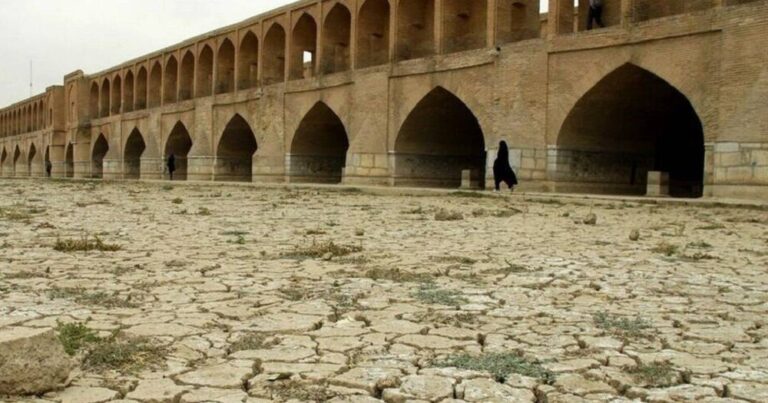
Iran’s Water Crisis Deepens: Tensions Rise Between Isfahan and Yazd
Farmers in Isfahan, Iran, are protesting the country’s severe water crisis, highlighting frustrations over water rights and management. Recent protests involved sabotage of water infrastructure and disrupted drinking water supplies to Yazd, revealing civil unrest risks. Over 95% of Iran faces prolonged drought, exacerbated by mismanagement and unsustainable agricultural practices, particularly in water-scarce regions. The Zayandeh Rud River, crucial for Isfahan’s agriculture, has seen diminished flow since 2006. As temperatures rise, urgent government measures, including the closure of offices and distribution of water, reflect the crisis’s severity. The interplay of environmental policies and industrial needs remains critical for resolution.
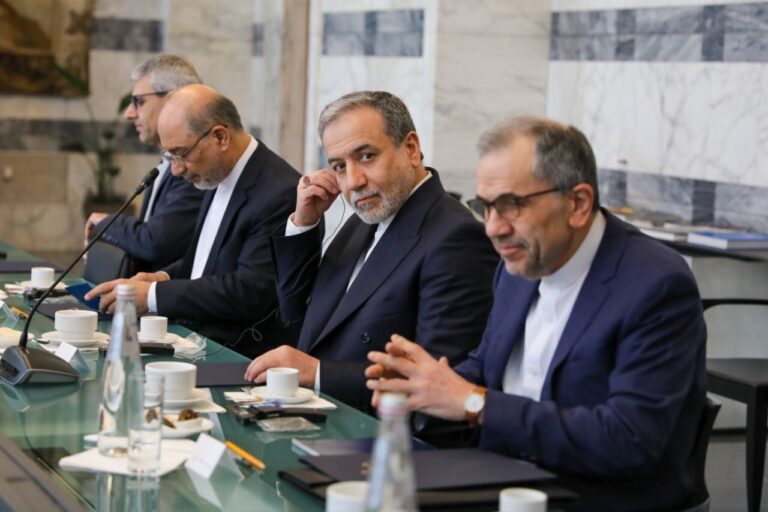
Iran and U.S. Engage in Intensified Third Round of Talks in Muscat: A Step Towards Diplomacy
Recent Iran-U.S. nuclear negotiations in Oman concluded a significant third round of indirect discussions, led by Iranian Foreign Minister Abbas Araqchi and U.S. Middle East envoy Steve Witkoff. The talks, facilitated by Omani mediators, focused on Iran’s nuclear program and sanctions lifting. Araqchi expressed satisfaction with the progress and emphasized the serious atmosphere of the discussions, which included detailed technical exchanges. He acknowledged the need for further analysis of differences but noted a hopeful outlook for future negotiations. The teams will reconvene next Saturday after evaluating the issues in their respective capitals.
